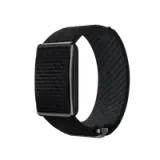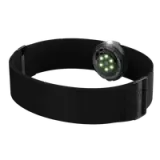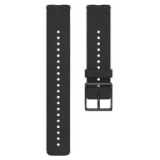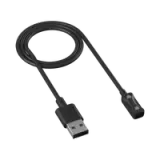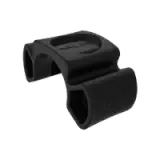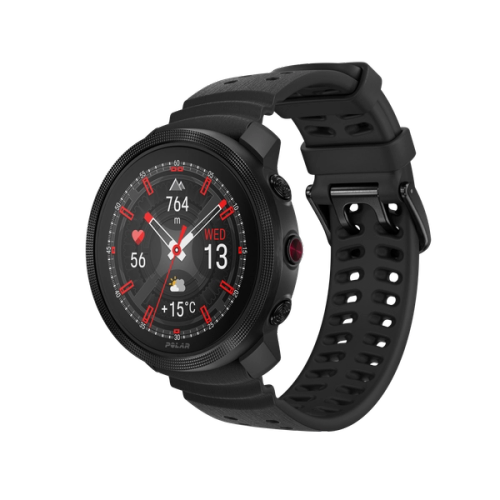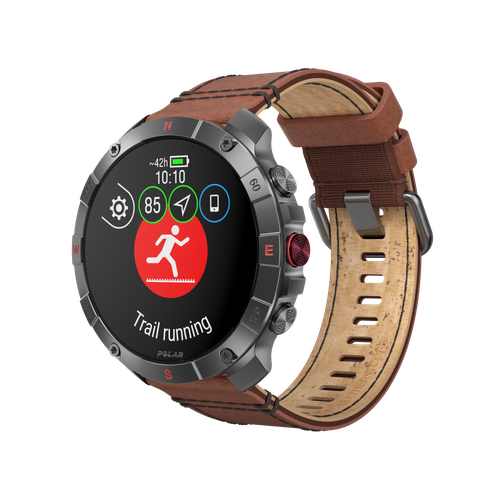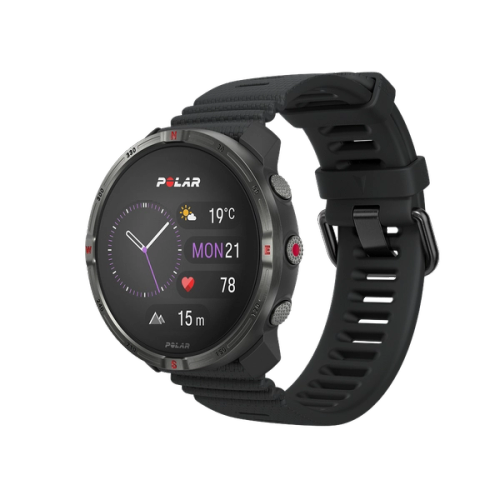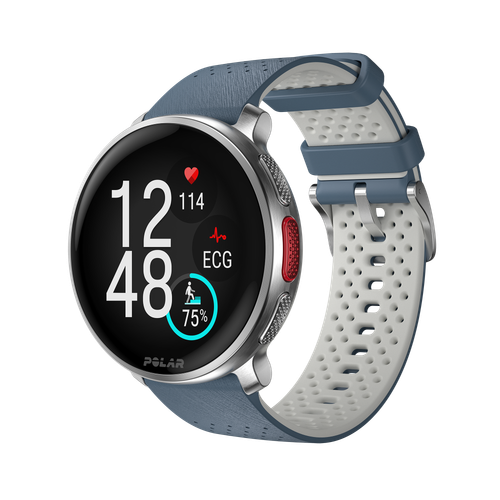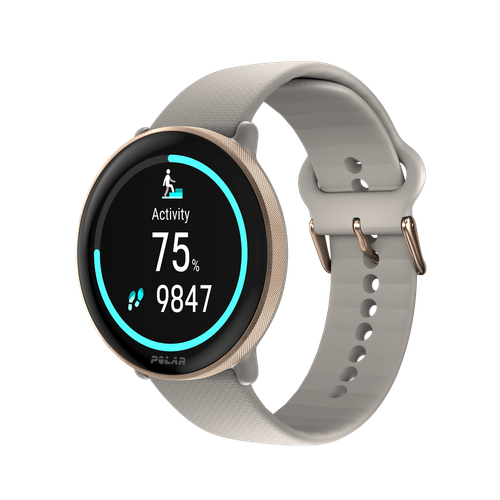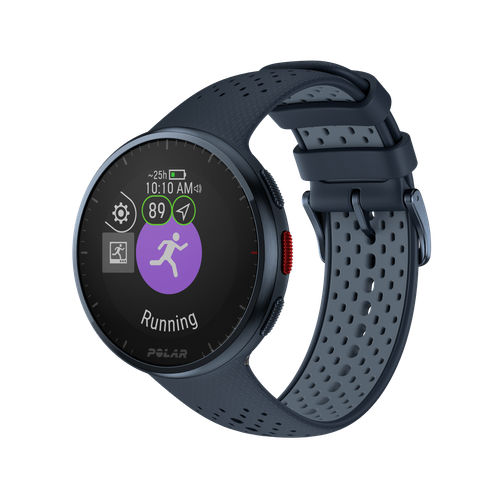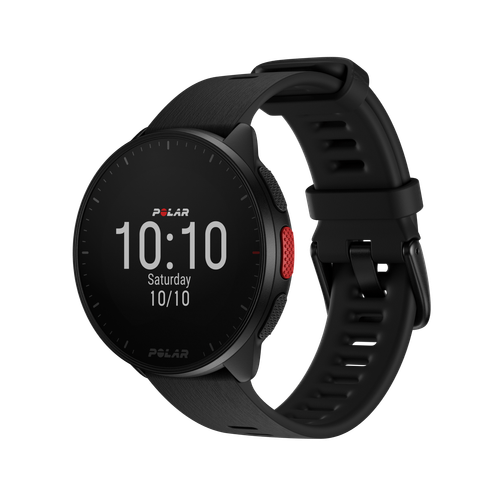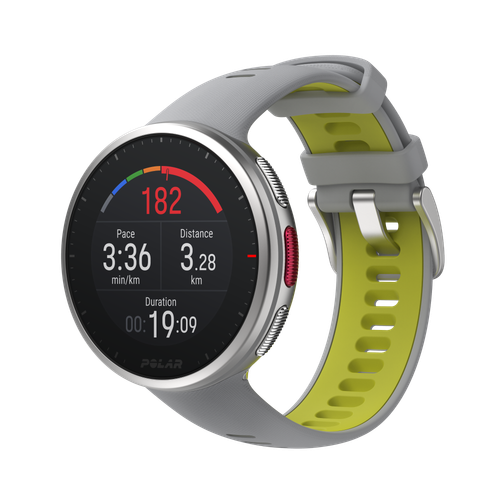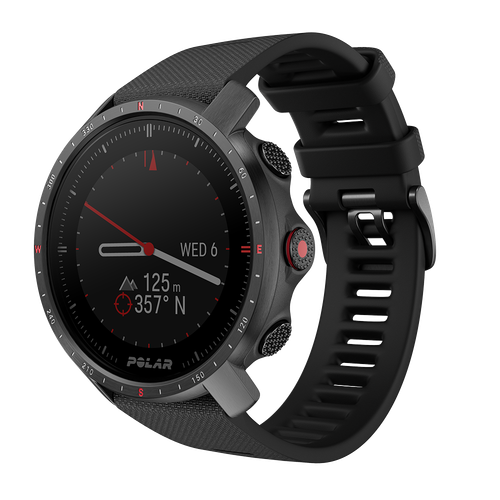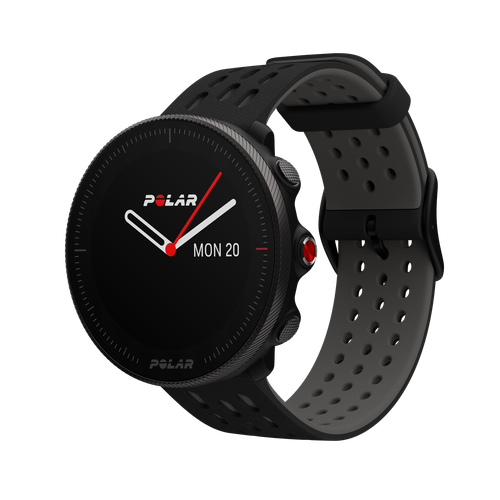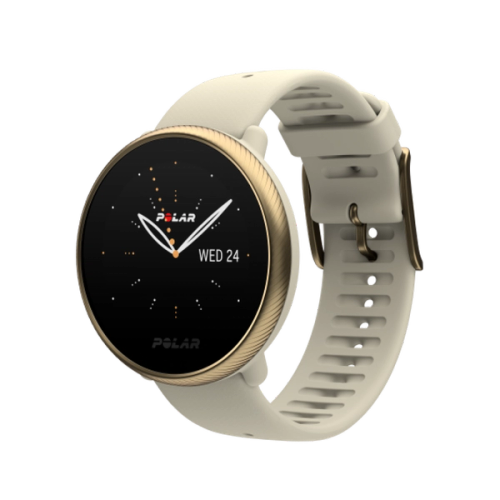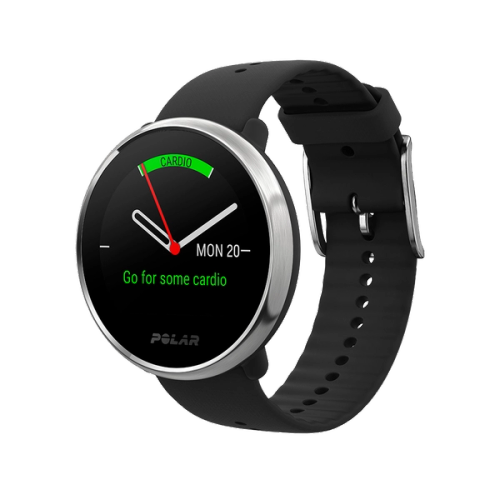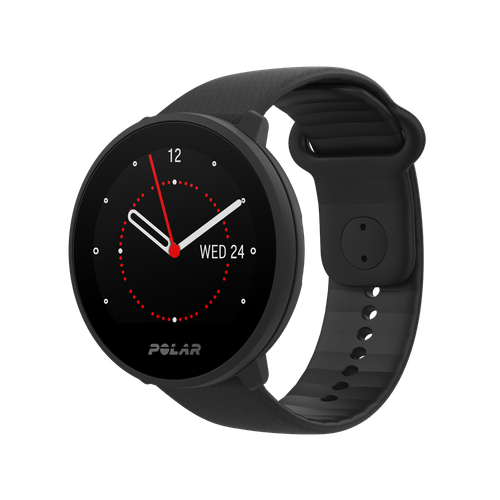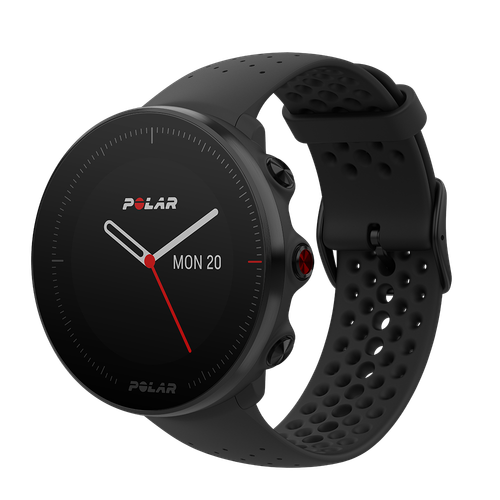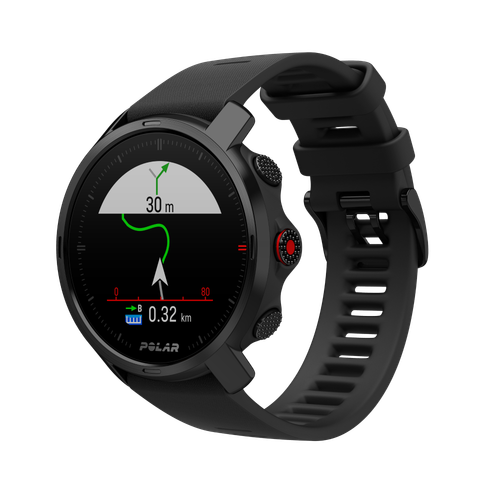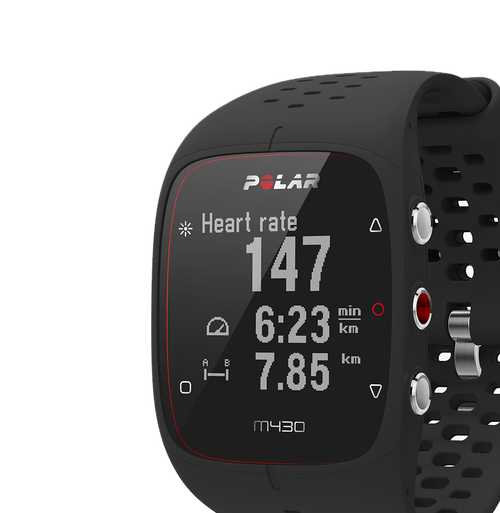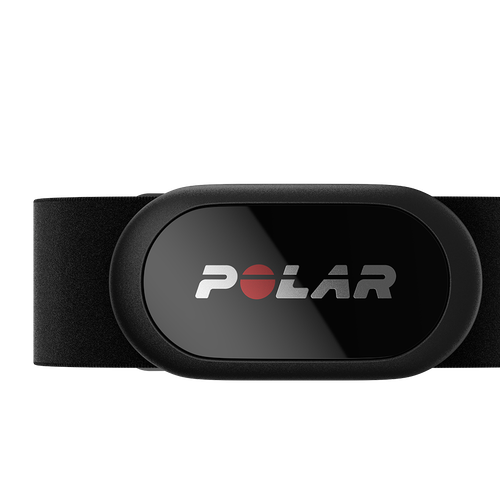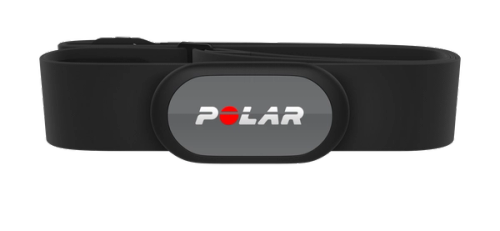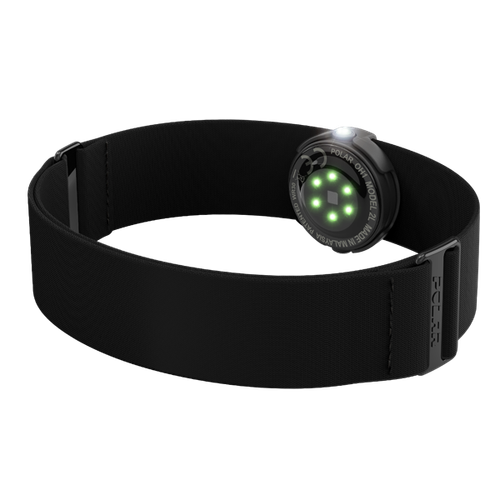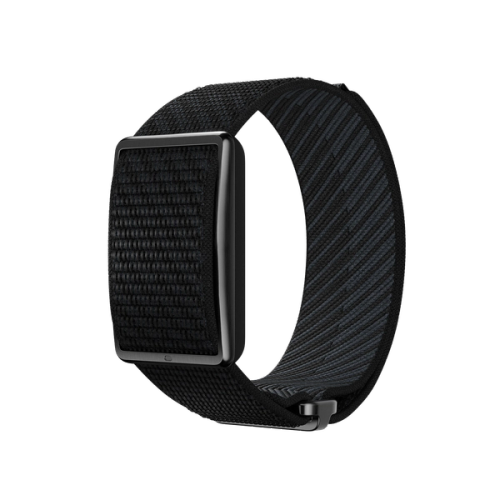The term “running coach” can sound intense. Often associated with the term is the misconception that only pros or competitive runners get a running coach. That’s not true!
A coach is simply someone “who instructs or trains” according to the Merriam-Webster Dictionary. And running coaches can be a valuable resource to runners of all levels.
Let’s first take a look at a few reasons why it might make sense to hire a running coach and then explore what you can do to find the right running coach for you.
5 reasons to hire a running coach
1. You find it difficult to hold yourself Accountable
Because running is often a solitary pursuit, it can be extremely difficult to hold yourself accountable. No one knows you cut out the last mile, or fell below your target running pace, or skipped your run entirely (unless your using a sports watch, then your running data will tell, obviously).
f you’re not using wearable tech and data to track your runs, or in addition to having an app like Polar Flow to track and analyze your runs, a running coach will hold you accountable for your goals and keep you motivated to improve. And if you’re paying for the coaching, you will have greater incentive to get the most out of your coached workouts.
2. You’ve plateaued
You’re checking the boxes, going on your runs, but you’re not getting any better. This is common, and no reason to beat yourself up. If you are running regularly but are not improving in the way(s) you want to, it might be time to bring in outside help.
Running coaches can shake up your runs and workouts in ways you had not thought of. Switching things up and surprising your body is an effective tool when you’re trying to improve.
3. You don’t have the skill or interest to create a training plan
Running training plans are another consistently effective way to learn how to improve your running technique, and to hold yourself accountable.
But, if you’re not sure how to build a running plan, it can be cumbersome. And even if you’re willing to put in that work, you may still run into the accountability problem discussed above.
The solution? You can use a tool, like the Polar Running Program to create a personalized running plan, or have a running coach create a season plan for you.
This creates no extra work for you, and your coach will take care of creating a plan tailored to your goals and can monitor your progress based on your running data.
Enjoying this article? Subscribe to Polar Journal and get notified when a new Polar Journal issue is out.
Subscribe
4. You don’t like numbers
A lot of us simply run to run – to escape, to clear our mind, whatever the reason may be, and don’t care to track mileage, pace, heart rate, or any other running stats.
It is often this group that tends to plateau, because if we don’t keep an eye out for new things to incorporate into our running, our bodies tend to fall into the same routine and rhythm on every run, which prevents us from improving.
A running coach can access your training data and design workouts that take the numbers into account without you ever needing to hear them. This way, you’ll be improving those statistic without even knowing you’re doing it.
5. You keep getting injured
You want to love running, but running doesn’t want to love you back. Injuries happen, but they should not happen regularly. Or perhaps injuries are not the problem, but instead you are consistently getting burnt out after a few weeks of running.
A coach can help you to learn how to prevent running injuries! Most running injuries are the result of poor running form, which a coach can easily fix. Not only do they possess superior knowledge on run mechanics and kinesiology, but they can watch you run to see clearly what the problems might be.
This is a better option than you simply trying to feel out what’s wrong. And if you’re consistently getting burnt out of running every time you try to get into it, a running coach can help develop a healthy strategy for long-term endurance training.
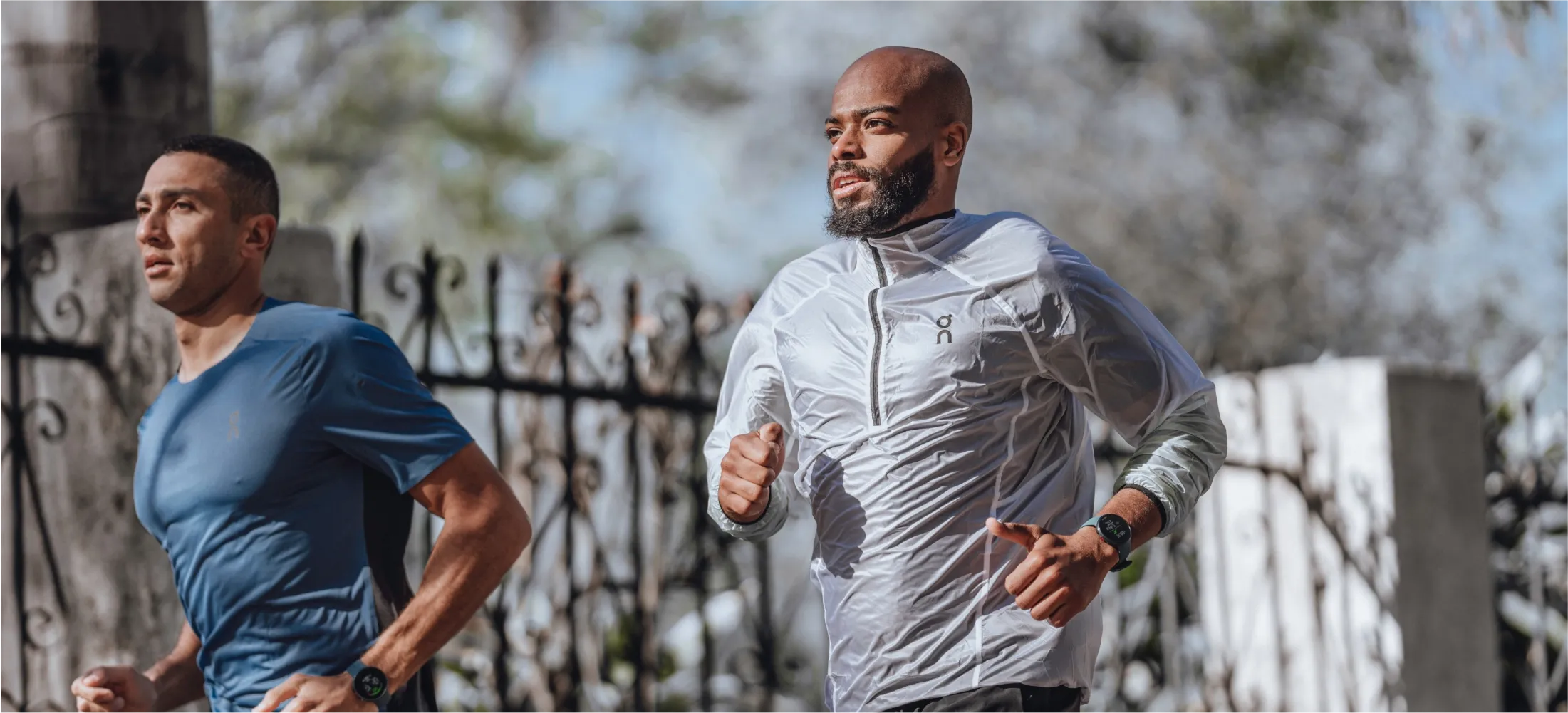
How to find a good running coach?
Now that we know why we might need a running coach, what makes a good running coach and how do we find the right coach for our personal needs?
- Make sure it’s someone you trustCoaching is only effective when you trust them wholeheartedly, and want to implement their plans and suggestions.
- Check their backgroundLook into their background, and see how it aligns with your particular goals. What types of clients do they usually work with?
- Use past client reviews (if available)See what goals they were able to accomplish with previous clients. If you notice a theme of past clients raving about how much faster they got under the coach, but your goal is to increase your mileage, perhaps you should keep looking.
- Ask what their speciality isEveryone has a speciality, so find someone who specializes in what you need.
- Take note of their scheduleAre they able to take you on full-speed, or are they just squeezing you into an already busy schedule? Be sure to find a coach committed to your progress.
- Make sure communication is easyBe sure your running coach has good communication skills. Know ahead of time how and when your coach can be reached. Can you text them any time if you need a quick stretch or nutrition tip? Or do they prefer strict weekly check-ins, with no communication in between? Every coach is different, just be sure they can meet your communication needs.
- Make sure they know their stuffLook for training certifications, kinesiology experience or a degree in the field, body work experience, nutrition education, etc.
- Be honestIf running is simply a hobby you want to get better at, tell your coach so that they don’t train you like you are heading the Olympics. Also, give your coach a real, clear picture of your work life and social life so the coach can design your training plan in an accurate, tailored way. The more they know about you, the more accurate and effective their training plan for you will be.
undefined
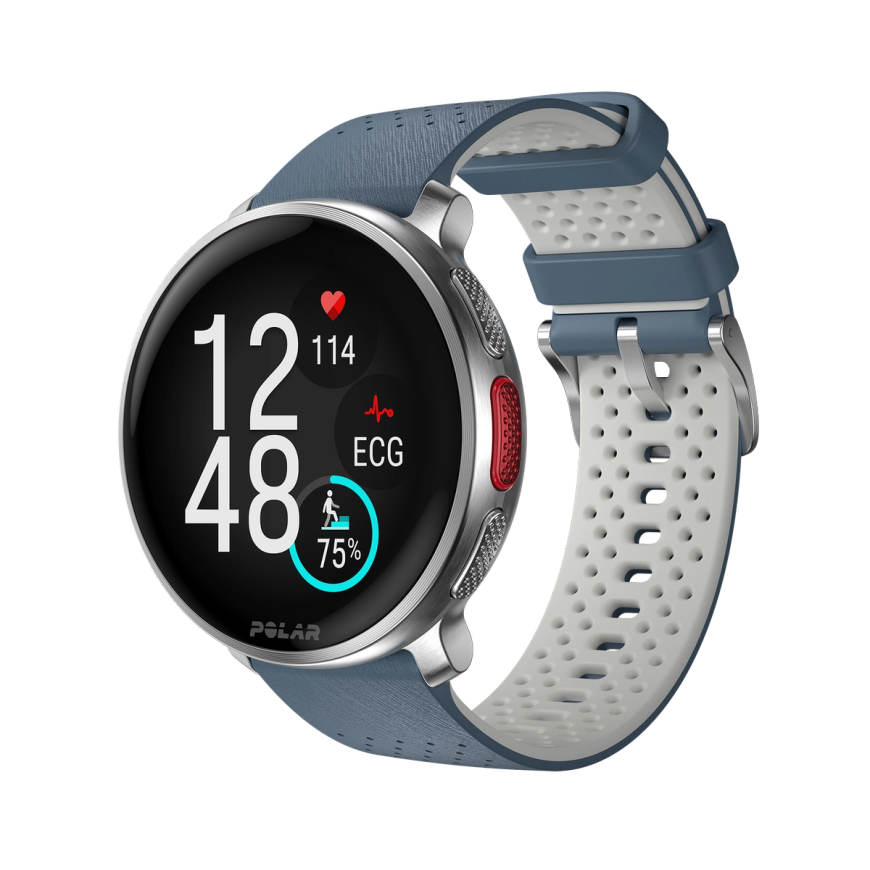
Polar Vantage V3
Premium Multisport Watch
An ensemble of biosensing instruments, AMOLED display, dual-frequency GPS, maps, and the most comprehensive suite of training and recovery tools on the market. The stage is set, and the Polar Vantage V3 smart sports watch is ready to put in the performance of a lifetime.
In Conclusion
Not everyone needs a running coach, but they are a great tool available to anyone. They can make training a lot easier, both to execute and to stick to.
There are lots of options out there, so take a look at what you want to improve, what you can afford, and start searching for your perfect coach.
Don’t be afraid to try out different coaches and programs until you find one that’s right for you. Your running is your running! A coach should make that running easier, better, and more enjoyable.
Finally, running coaching doesn’t have to be 1-2-1. Many runners actually prefer group coaching, as it provides an entire community to motivate and support you while still allowing you to reap the benefits mentioned above. Group training can also save time, because so much of it is done online.
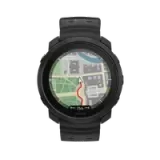 Polar Vantage M3
Polar Vantage M3
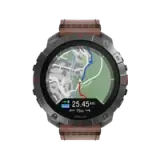 Polar Grit X2 Pro Titan
Polar Grit X2 Pro Titan
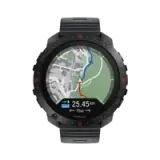 Polar Grit X2 Pro
Polar Grit X2 Pro
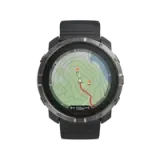 Polar Grit X2
New
Polar Grit X2
New
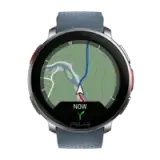 Polar Vantage V3
Polar Vantage V3
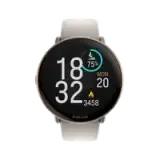 Polar Ignite 3
Polar Ignite 3
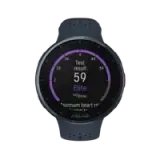 Polar Pacer Pro
Polar Pacer Pro
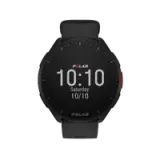 Polar Pacer
Polar Pacer
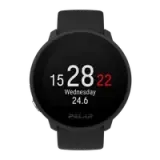 Polar Unite
Grit X Series
Vantage Series
Pacer Series
Ignite Series
Polar Unite
Grit X Series
Vantage Series
Pacer Series
Ignite Series
